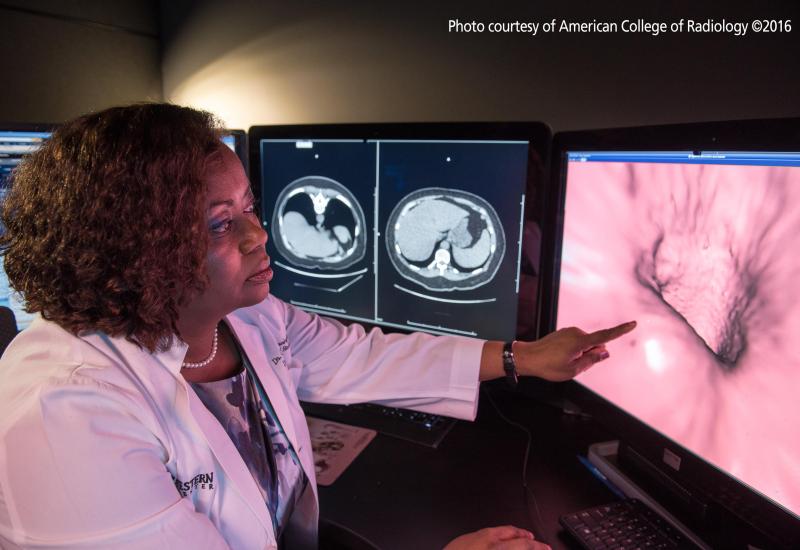An Option for Many High-Risk Individuals: Antiviral Treatments for COVID-19
(NewsUSA) - In the ongoing battle against COVID-19, vaccines have been successful in helping to reduce illness and contributing to the declining numbers of infections in the U.S. and around the world. But COVID-19 is not gone, and it remains a significant threat. Those with weakened immune systems, chronic illnesses and other risk factors are particularly vulnerable to severe illness from the virus.
- In the ongoing battle against COVID-19, vaccines have been successful in helping to reduce illness and contributing to the declining numbers of infections in the U.S. and around the world. But COVID-19 is not gone, and it remains a significant threat. Those with weakened immune systems, chronic illnesses and other risk factors are particularly vulnerable to severe illness from the virus.
While vaccines are still the best first defense against COVID-19, antiviral treatments have emerged as another powerful tool to help fight the virus and protect those who face greater risk of severe illness and hospitalization from COVID-19.
Who’s at Risk?
Millions of Americans face a higher risk of developing severe COVID-19, and many may not even know it. Being age 50 or over, or having a host of common health conditions including cancer, asthma, diabetes, heart disease, and weakened immune systems can make someone more likely to experience severe COVID-19 symptoms.
Treatments Are Available
The good news is that, for many of those at high risk who become infected with COVID-19 and have mild to moderate symptoms, antivirals can be a safe and effective treatment option. Antivirals work by helping to stop the virus from making copies of itself. This can help limit the spread of the virus inside the body — minimizing the severity of symptoms and the duration of the illness.
The need for speed is a fundamental principle underlying antiviral treatments for COVID-19. When someone at high risk becomes infected with COVID-19, the virus can spread rapidly within their body, which can cause severe respiratory problems and complications. This is where antiviral treatments may be able to help. Treatment with COVID-19 antivirals is most effective if it starts within the first five to seven days that the first COVID-19 symptoms appear.
But antivirals are not for everyone. They are not recommended for people who are younger, healthy and not at high risk of getting severely ill due to COVID-19, and there are certain health conditions and medications that are known to cause adverse reactions with antiviral treatments. Talk with a healthcare provider to know if an antiviral treatment is an option.
Plan Ahead
For anyone at high risk for severe COVID-19, acting quickly when infection happens, and planning ahead will be key to getting the treatment they may need. Begin by planning:
- Making a list of current medications,
- Talking with a healthcare provider to understand the risk for severe COVID-19 and discuss potential treatment options, and
- Creating a plan to get tested and begin treatment at the first sign of a COVID-19 infection and before the 5–7-day window of opportunity closes.
Why Speed Matters
- Stop the Virus from Multiplying: The earlier someone starts antiviral treatment, the better chance they have to lower the level of virus in their body, which can make a difference in their recovery.
- Minimize Severe Symptoms: Quick action can help prevent mild symptoms from turning severe – potentially preventing a hospital stay.
- Limit the Impact of COVID-19 on Your Life: Speedy treatment can shorten the time you are sick, easing the burden of the virus on your life and getting you back to usual.
- Helping to Protect Others: High-risk individuals not only face danger themselves but can also unknowingly spread the virus to others. Rapid treatment helps break the chain of transmission.
Remember, timing matters in reducing the risks of COVID-19 and planning ahead can make the difference in the lives of those most vulnerable.
Visit covidvaccineproject.org/treatments to make a plan for yourself or someone that matters to you today.











